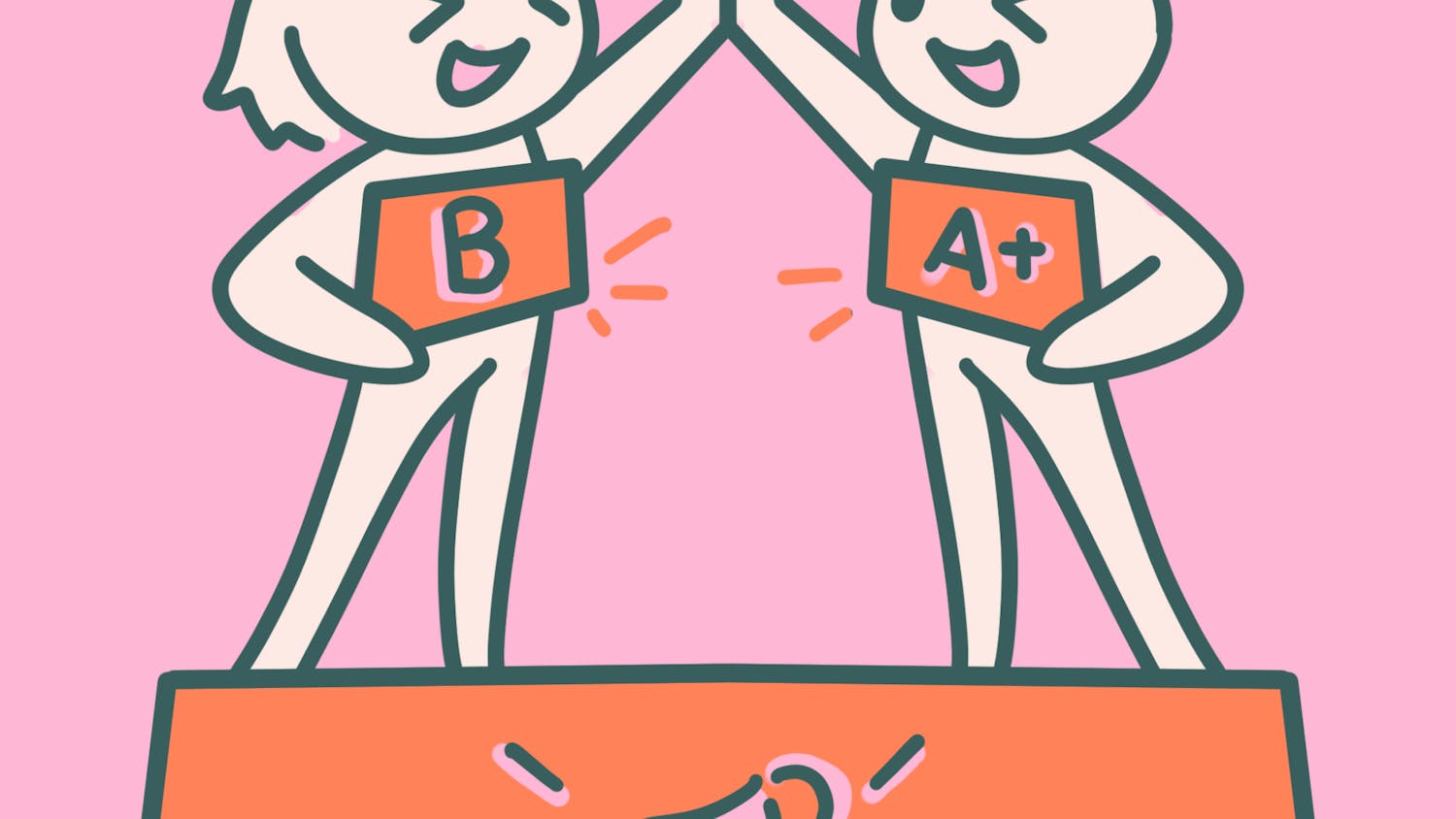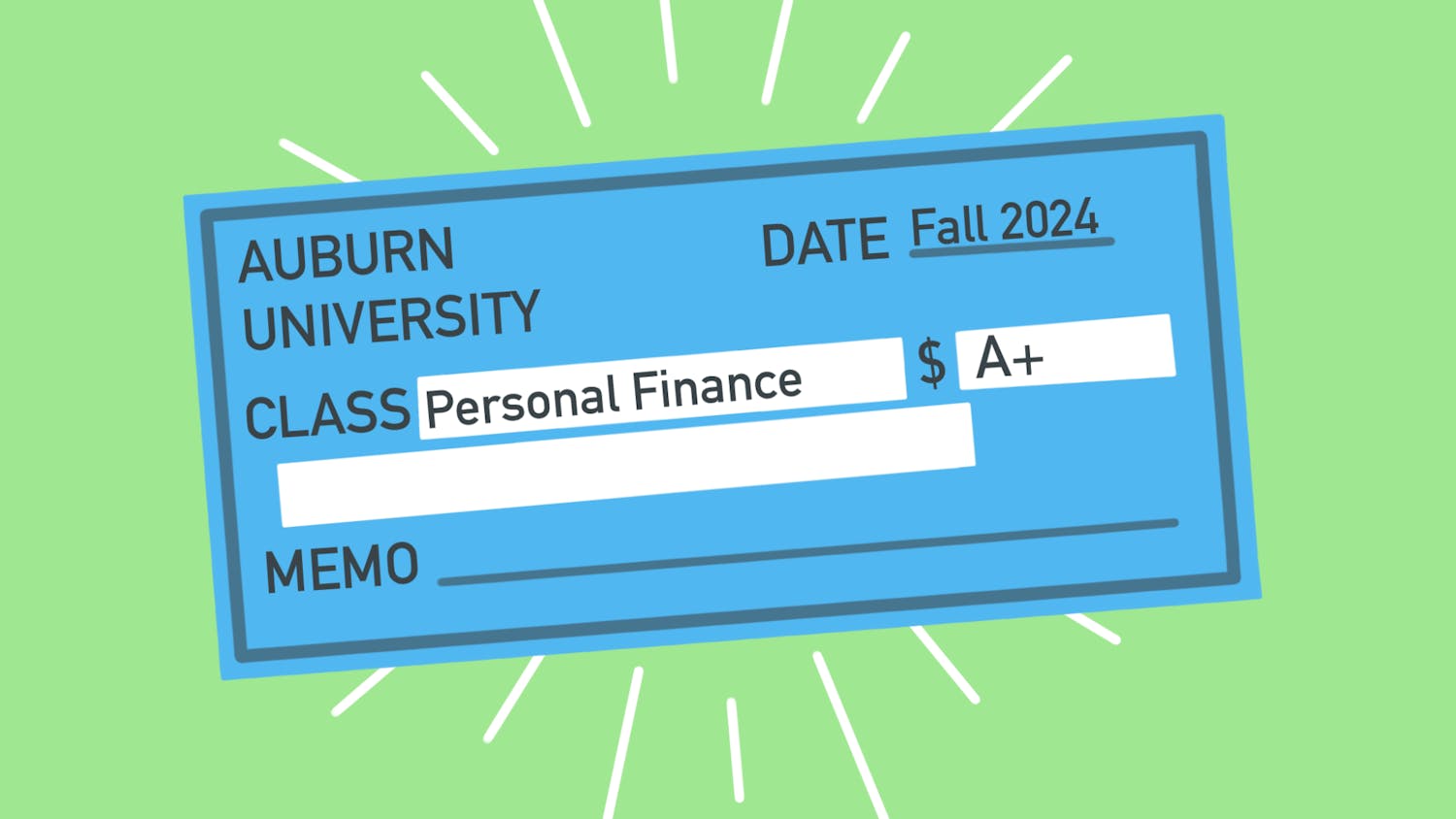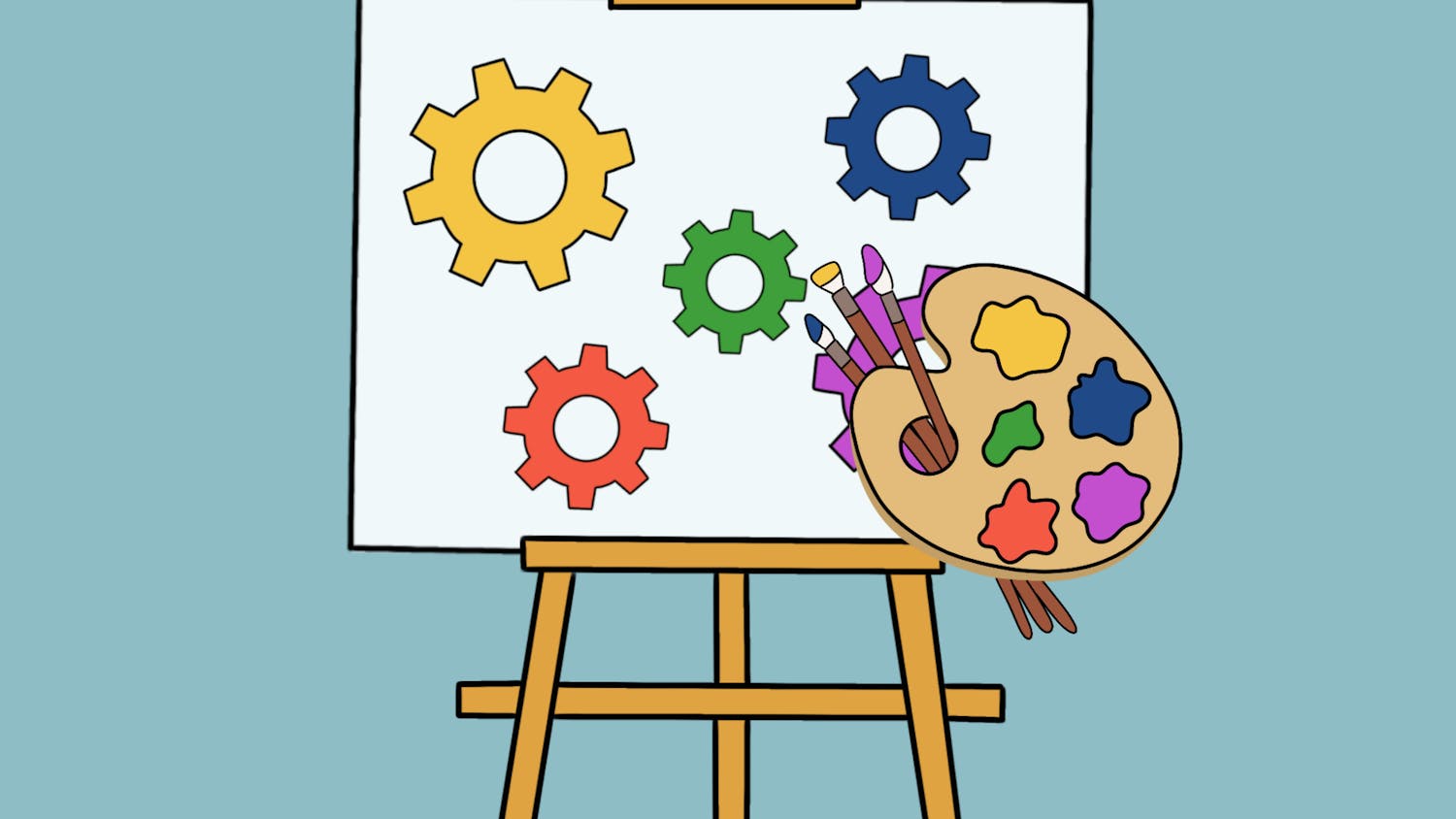For many, drinking and college are a match made in underage bliss.
Underage drinking runs rampant throughout the country, specifically on college campuses where access to alcohol is easy and the pressure to drink is overwhelming.
Auburn is no exception.
You would have to be oblivious to not see the copious amounts of alcohol consumed on game days around Auburn.
And you would have to be crazy to think it was only being consumed by those of age.
But, what’s so wrong with a little underage drinking?
Drinking on college campuses is inevitable.
In fact, 60 percent of college students ages 18–22 reported drinking within two weeks of taking a National Institute on Alcohol Abuse and Alcoholism survey.
Most students who drink report they drink for social reasons.
It’s hard to imagine any other reason. Even in Auburn, we see numerous social gatherings each week where alcohol flows freely.
On any given Friday you’ll likely see numerous frat brothers toting 30 racks of Natty Lights, getting ready for small gatherings with their closest friends, themed parties with tacky outfits or concerts with B-list pop artists headlining.
After a long week, there’s nothing wrong in kicking back with some “bros” and unwinding with a couple of drinks.
But the problem lies not with underage students drinking on college campuses.
It’s in how much they drink. Repeated binge drinking can lead to cognitive development and memory issues.
Binge drinking and intoxication correlate with theft, assault, sexual assault, alcohol poisoning and even negative academic consequences.
Many point to the culture surrounding drinking in America as the issue for binge drinking, and the problems it spurs.
In Europe, wine is sipped at most dinners. There, teenagers are taught that drinking is a part of life. European parents encourage teenagers to try sipping wine at home, where they can realize their limits before they ever drink in a social setting.
Instead, most American parents shun drinking, so drinking becomes a symbol of rebellion and independence.
It’s not that American parents aren’t as smart as European parents.
It’s not that American parents are oblivious to underage drinking and its effects.
It’s that American parents would rather stick their fingers in their ears and turn their backs than face the underage reality.
America has a long history of turning its back on alcohol.
From protestant reforms to prohibition, alcohol has remained a touchy subject for Americans.
The aftershocks of prohibition remain at large, with “dry counties” in numerous states across the country. In these counties the sale of alcohol is de facto banned, because it was never technically made legal.
Whether it be a prohibition mindset or the strongly moralistic Christian mindset, deeply rooted in American culture, alcohol remains somewhat taboo.
Therefore, teaching teenagers about proper alcohol consumption habits is an even greater taboo.
Auburn is trying to teach students safe habits, alcohol safety and sexual assault awareness are taught through programs like Haven, which are mandatory for all freshman and transfer students.
But these online orientation courses simply don’t suffice.
Students want to skate through them instead of watching uninteresting videos with oddly animated people teaching about seemingly outdated situations.
An odd culture remains on campus where nobody ever really brings up the issue of drinking, underage or not.
Yet, for many, drinking is unavoidable and they engage in the act frequently.
Sipping that good-good is no great evil. It’s simply an aspect of life that needs to become assimilated into American culture, not just American beer culture, when everyone cracks open a Bud Light before a football game.
It’s not that Americans should drink more, it’s that they should drink more moderately, and more openly.
Drinking should become a conversation topic in the American household.
Teenagers shouldn’t feel outcast if they decide to drink, they should be educated.
This need for discussion about alcohol is recognized by 136 college presidents and chancellors, from the Catholic Saint Leo University to the prestigious Duke University.
They are all signatories of the Amethyst Initiative, which recognizes the danger of a largely ignored drinking culture on colleges around the country.
The Amethyst Initiative realizes that “21 is not working.”
It’s a movement toward the discussion and debate on drinking age and what can be done about drinking on campuses around the country.
So, when you take your fake ID to the bars to get “turnt” this weekend, or grab a Natty at a frat party, think about the environment you are in.
Recognize your limits, and take some time to engage in discussion about drinking — not just binge drinking.
This is a campus full of people smart enough to get into the best college in Alabama, they’re smart enough to know that discussion can lead to action, and binge drinking doesn’t have to be the cause of tragedy.
Brytni Emison is a junior in political science.
Do you like this story? The Plainsman doesn't accept money from tuition or student fees, and we don't charge a subscription fee. But you can donate to support The Plainsman.



